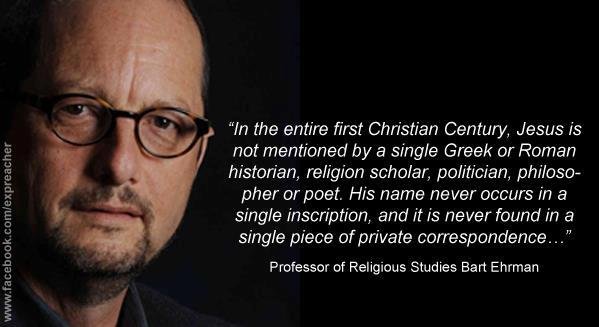
Most Evangelicals believe the following about the Bible:
- The Bible is inspired (breathed out) by God
- The Bible is inerrant (without error)
- The Bible is infallible (true in all it says, free of mistakes)
Two words describe how most Evangelicals read the Bible, that is, if they read the Bible at all. It is becoming increasingly clear to me that many Evangelicals rarely, if ever, read the Bible. And if Evangelicals do read the Bible, they do so selectively, often reading only the New Testament, Psalms, and Proverbs.
- Univocality (Univocality refers to the state of having only one meaning or voice, being unambiguous and straightforward. It contrasts with ambiguity or equivocality, where a word or statement can be interpreted in multiple ways. In essence, univocality implies a clear and single meaning. Google AI definition)
- Literally (Reading the Bible “literally” means understanding its words in their most straightforward, ordinary sense, as they would be understood in everyday language, while also acknowledging the use of figurative language like similes, metaphors, and other literary devices. It’s about discerning the intended meaning of the text without imposing personal interpretations or allegorical readings that are not supported by the text. Google AI definition)
These words give definition to evangelical cliches such as: “God said it, I believe it, and that settles it for me.”
The problem, of course, is that the Bible is NOT inerrant and infallible. Whether Evangelicals appeal to inerrant translations or manuscripts, it matters not; neither claim is true and can be easily rebutted. All one has to do is show one error, mistake, or contradiction for inerrancy to come falling down. The same goes for infallibility.
Bible inerrancy and infallibility are irrational claims that can be easily dispensed with by giving the Scriptures an honest reading. The errors, contradictions, and mistakes are easy to see IF you are not committed to inerrancy, infallibility, and univocality. Scores of sites on the Internet, including this one, list numerous mistakes, errors, and contradictions. Granted, Evangelicals have all sorts of novel, fancy, and, at times, irrational explanations for these problem texts. Their presuppositions demand they find some way to defend inerrancy, so Evangelicals go to extraordinary lengths to protect the Bible’s honor. Most often, all they do is either make fools out of themselves or show that they really do not understand the Biblical text. And this is to be expected. Many Evangelicals have a borrowed theology — that of their pastor. He’s the man of God, and they trust that he will tell them the truth. Unfortunately, many Evangelical preachers don’t tell the truth, either out of ignorance, or fear that if they tell their congregants the truth, the pews and offering plates will be empty and they will have to get a job at Home Depot.
When Evangelicals are confronted with errors, contradictions, and mistakes that they can’t explain away, what do they do? Admit defeat? Admit the Bible is not inerrant? Not a chance. Often, Evangelicals will make appeals to the Greek and Hebrew languages underlying various Bible translations. Oh, they can’t read Greek or Hebrew, but they own a Strong’s Exhaustive Concordance and an 1828 Webster’s Dictionary, and, in their minds, they have all they need to defend the inerrancy of the Bible and defeat “liberal” scholars who have spent their lives studying the Biblical text. I have watched countless atheist talk shows featuring Evangelical callers who think they know more about the Bible than the leading scholars of the day. When these defenders of the Bible meet their demise in the arena of debate, what do they do? Admit they were wrong? Not a chance. When backed into the proverbial corner, Evangelicals will always appeal to faith. Once they do this, no further discussion is possible. Faith is what people appeal to when they have no evidence for their claims.
Unless an Evangelical admits the obvious — the Bible is not inerrant, infallible, or univocal — it is unlikely that they can be convinced of the irrationality of their claims. Those of us who are former Evangelicals know that it wasn’t until the Bible lost its magical hold on us that we were able to see the text as it is: an ancient text written by fallible, frail men. God did not write one word of the Bible. From the table of contents to the index, the Bible is a manmade text, and Evangelicals cannot provide compelling evidence to the contrary.
Evangelicals are free to believe what they want about the Bible, but if they want to convince the unwashed, uncircumcised Philistines of the world that the Bible is the very words of God, evidence — not Bibe prooftexts — is required.
Bruce Gerencser, 68, lives in rural Northwest Ohio with his wife of 47 years. He and his wife have six grown children and sixteen grandchildren. Bruce pastored Evangelical churches for twenty-five years in Ohio, Texas, and Michigan. Bruce left the ministry in 2005, and in 2008 he left Christianity. Bruce is now a humanist and an atheist.
Your comments are welcome and appreciated. All first-time comments are moderated. Please read the commenting rules before commenting.
You can email Bruce via the Contact Form.


